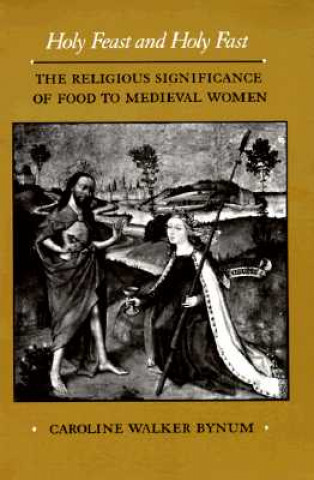
Kód: 04088465
Holy Feast and Holy Fast
Autor Bynum
In the period between 1200 and 1500 in western Europe, a number of religious women gained widespread veneration and even canonization as saints for their extraordinary devotion to the Christian eucharist, supernatural multiplicati ... celý popis
- Jazyk:
 Angličtina
Angličtina - Väzba: Brožovaná
- Počet strán: 464
Nakladateľ: University of California Press, 1988
- Viac informácií o knihe

Mohlo by sa vám tiež páčiť
-

Rapid Eye Movement
28.81 € -
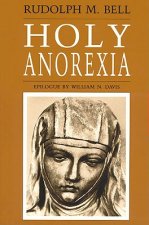
Holy Anorexia
34.09 € -27 % -
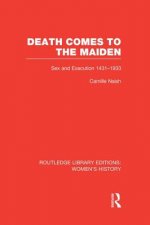
Death Comes to the Maiden
88.59 € -

Negative Space
15.82 € -2 % -
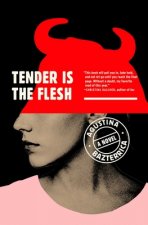
Tender Is the Flesh
14.91 € -22 % -

Eileen
11.36 € -15 % -
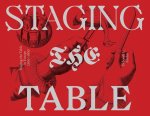
Staging the Table in Europe - 1500-1800
49.72 € -
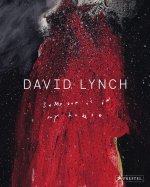
David Lynch
37.23 € -6 % -
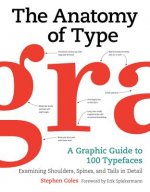
The Anatomy of Type: A Graphic Guide to 100 Typefaces
24.55 € -15 % -

The Poet Prince
15.52 € -18 % -

Dialectical Pedagogy Of Revolt, A: Gramsci, Vygotsky, And The Egyptian Revolution
46.88 € -

Lollipop Shoes (Chocolat 2)
10.65 € -12 % -

Host
10.54 € -19 % -

Better Angels of Our Nature
19.58 € -

The Night Circus
9.22 € -16 % -

Le Corbusier
29.42 € -

Alarm für Cobra 11. Staffel.27, 2 Blu-rays
24.75 € -
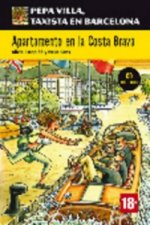
Pepa Villa, taxista en Barcelona
12.07 € -3 % -

Cesta do Jeruzaléma
12.78 € -11 % -

Niečo si želaj
1.82 € -

Hraj fér
8.92 € -20 %
Darujte túto knihu ešte dnes
- Objednajte knihu a vyberte Zaslať ako darček.
- Obratom obdržíte darovací poukaz na knihu, ktorý môžete ihneď odovzdať obdarovanému.
- Knihu zašleme na adresu obdarovaného, o nič sa nestaráte.
Viac informácií o knihe Holy Feast and Holy Fast
Nákupom získate 107 bodov
 Anotácia knihy
Anotácia knihy
In the period between 1200 and 1500 in western Europe, a number of religious women gained widespread veneration and even canonization as saints for their extraordinary devotion to the Christian eucharist, supernatural multiplications of food and drink, and miracles of bodily manipulation, including stigmata and inedia (living without eating). The occurrence of such phenomena sheds much light on the nature of medieval society and medieval religion. It also forms a chapter in the history of women. Previous scholars have occasionally noted the various phenomena in isolation from each other and have sometimes applied modern medical or psychological theories to them. Using materials based on saints' lives and the religious and mystical writings of medieval women and men, Caroline Walker Bynum uncovers the pattern lying behind these aspects of women's religiosity and behind the fascination men and women felt for such miracles and devotional practices. She argues that food lies at the heart of much of women's piety. Women renounced ordinary food through fasting in order to prepare for receiving extraordinary food in the eucharist. They also offered themselves as food in miracles of feeding and bodily manipulation. Providing both functionalist and phenomenological explanations, Bynum explores the ways in which food practices enabled women to exert control within the family and to define their religious vocations. She also describes what women meant by seeing their own bodies and God's body as food and what men meant when they too associated women with food and flesh. The author's interpretation of women's piety offers a new view of the nature of medieval asceticism and, drawing upon both anthropology and feminist theory, she illuminates the distinctive features of women's use of symbols. Rejecting presentist interpretations of women as exploited or masochistic, she shows the power and creativity of women's writing and women's lives.
 Parametre knihy
Parametre knihy
Zaradenie knihy Knihy po anglicky Humanities Religion & beliefs Christianity
42.82 €
- Celý názov: Holy Feast and Holy Fast
- Autor: Bynum
- Jazyk:
 Angličtina
Angličtina - Väzba: Brožovaná
- Počet strán: 464
- EAN: 9780520063297
- ISBN: 0520063295
- ID: 04088465
- Nakladateľ: University of California Press
- Hmotnosť: 694 g
- Rozmery: 229 × 153 × 31 mm
- Dátum vydania: 07. January 1988
Obľúbené z iného súdka
-
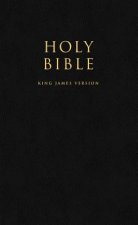
The Holy Bible - King James Version
11.66 € -2 % -
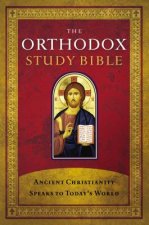
Orthodox Study Bible, Hardcover
48.60 € -3 % -

Prayer Book
31.96 € -

Yoga of Jesus
13.59 € -15 % -

NRSV, Catholic Bible, Gift Edition, Leathersoft, White, Comfort Print
35.81 € -

KJV Holy Bible, Personal Size Giant Print Reference Bible, Burgundy Leather-Look, 43,000 Cross References, Red Letter, Comfort Print: King James Versi
21.50 € -

Jesus Calling, Pink Leathersoft, with Scripture References
18.56 € -13 % -
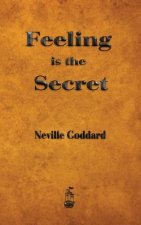
Feeling is the Secret
7.20 € -

KJV, Value Thinline Bible, Compact, Leathersoft, Brown, Red Letter, Comfort Print
13.79 € -12 % -

KJV, Holy Bible, Larger Print, Paperback, Comfort Print
7.50 € -19 % -

Holy Bible
27.09 € -13 % -

Second Coming of Christ
62.71 € -4 % -
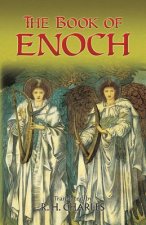
Book of Enoch
9.02 € -19 % -

NKJV, Lighting the Way Home Family Bible, Hardcover, Red Letter Edition
48.60 € -3 % -
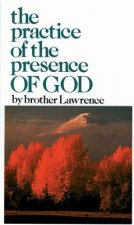
Practice and Presence of God
6.69 € -19 % -

HOLY BIBLE: King James Version (KJV) White Compact Christening Edition
18.56 € -23 % -

Secrets of a Prayer Warrior
9.43 € -9 % -

Disciplines of a Godly Man
15.31 € -23 % -

Message Deluxe Gift Bible, Brown
15.31 € -15 % -
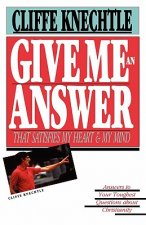
Give Me an Answer
18.66 € -19 % -
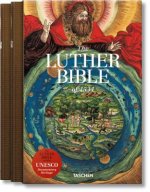
Luther Bible of 1534
59.16 € -13 % -
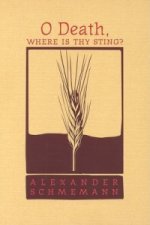
O Death, Where is Thy Sting?
11.97 € -34 % -
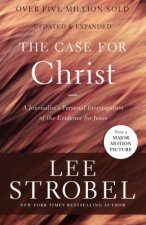
Case for Christ
9.12 € -18 % -

NRSV, Catholic Bible, Gift Edition, Leathersoft, Teal, Comfort Print
29.01 € -18 % -

Jesus Calling, Large Text Brown Leathersoft, with Full Scriptures
26.78 € -4 % -

How We Love: Discover your Love Style, Enhance your Marriage (Expanded Edition)
16.84 € -11 % -
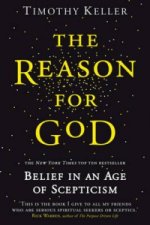
Reason for God
11.05 € -23 % -

NKJV, Checkbook Bible, Compact, Bonded Leather, Black, Wallet Style, Red Letter
29.62 € -4 % -

KJV Economy Bible
6.99 € -3 % -
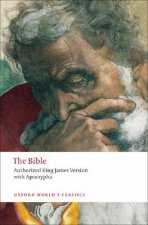
Bible: Authorized King James Version
19.17 € -4 % -
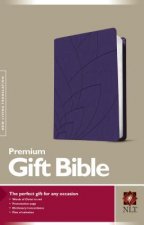
NLT Premium Gift Bible, Purple
18.97 € -1 % -

Angels
19.47 € -18 % -

CSB Compact Bible, Brown LeatherTouch, Value Edition
13.59 € -4 % -
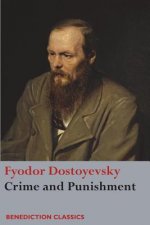
Crime and Punishment
20.19 € -
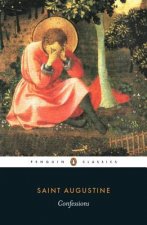
Confessions
9.43 € -17 % -

Hillbilly Volume 2
18.16 € -6 % -

Embraced
20.19 € -4 % -
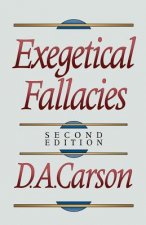
Exegetical Fallacies
19.47 € -18 % -
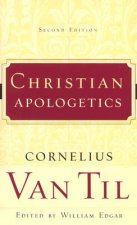
Christian Apologetics
15.42 € -19 % -

Foundation Study Bible-KJV
29.62 € -4 % -
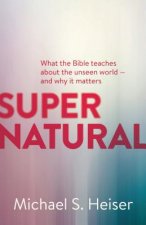
Supernatural
15.42 € -19 % -
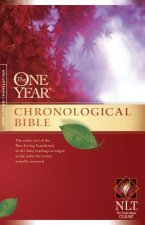
NLT One Year Chronological Bible, The
17.75 € -15 % -

ESV Vest Pocket New Testament with Psalms and Proverbs
8.92 € -13 % -

Real Kosher Jesus
18.05 € -

Gravity and Grace
23.03 € -4 % -

Lacemaker
20.69 € -1 % -

ESV Archaeology Study Bible
58.14 € -17 % -
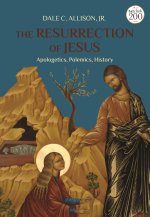
Resurrection of Jesus
40.58 € -14 % -

Holy Bible: English Standard Version (ESV) Anglicised Black Gift and Award edition
12.17 € -23 %
Osobný odber Bratislava a 2642 dalších
Copyright ©2008-24 najlacnejsie-knihy.sk Všetky práva vyhradenéSúkromieCookies



 21 miliónov titulov
21 miliónov titulov Vrátenie do mesiaca
Vrátenie do mesiaca 02/210 210 99 (8-15.30h)
02/210 210 99 (8-15.30h)